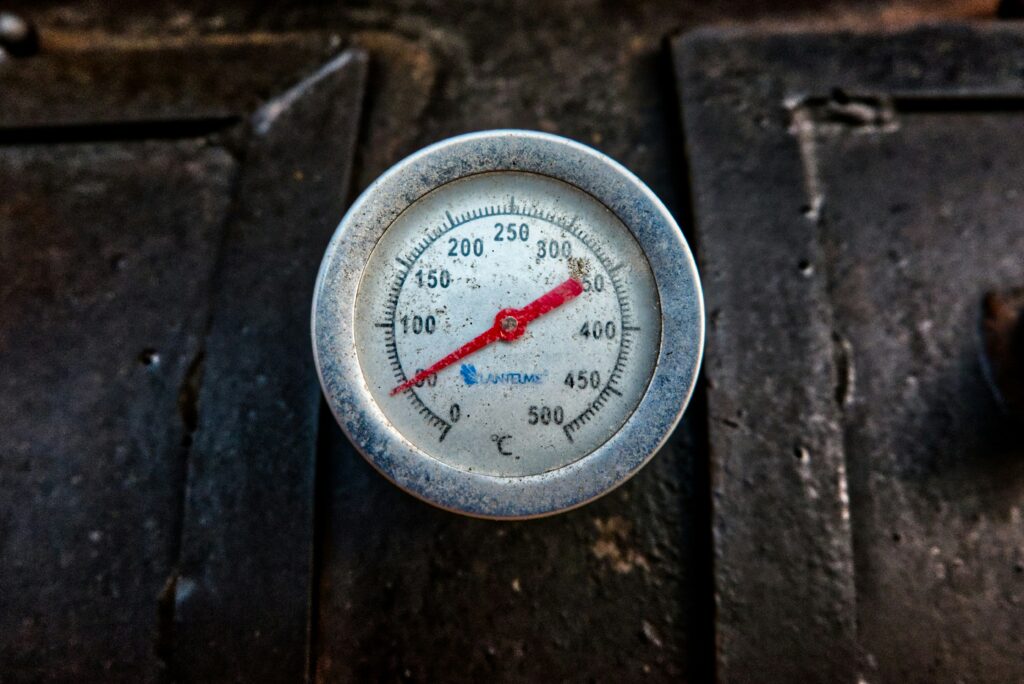It is an established principle that all climate news is bad, and all bad news is climate. But still, Wired magazine takes it up a notch by wailing that “The World Was Cooler in 2021 Than 2020. That’s Not Good News”. Author Matt Simon, a “science journalist“ with an AB in “English, communications”, explains that it was La Niña plus the lockdown and anyway it’s still really hot. As for El Niño having created the spike La Niña is now erasing, um, never mind that silly old current. We are all going to die. Though based on the weather people are actually having from Boston to Istanbul, it might be the cold that does us in.
How reliable is the rule that all climate news is bad? Well, a new study says that the ocean surrounding Antarctica contains a surprising amount of CO2, perhaps half of the total in all the world’s oceans, and storms cause it to fizz especially hard, which you might think is a natural process that might possibly be driving atmospheric CO2. But you’d be wrong, because “There has been a lack of knowledge about these complex processes” according to study co-author Sebastiaan Swart of the University of Gothenburg and co-author of the study. But of course although we don’t know, we do: “climate change is expected to result in more intense storms in the future.” Boo people.
Speaking of oceans, let scientists discover a pristine new coral reef off Tahiti, suggesting the warmer waters are full of such wonders unharmed by climate breakdown, and as Climate Realism points out, CNN duly retorts yeah well climate change will soon do it in unless we repent and change our sinful ways. And if you’re wondering about the lockdown, well, Wired explains that it’s all bad news too.
It’s not that we produced less CO2 and got a break. Oh no. Such things never happen. “The pandemic-based drop in carbon dioxide production didn’t have a cooling effect. Human civilization produces so much of the planet-warming gas every year, and it persists so long in the atmosphere, that the pandemic didn’t even register as a blip.” Which is an interesting way of saying that atmospheric CO2 seems not to be correlated with human emissions after all without any hint that natural forces might be at work instead.
So what does seem be the lockdown problem? Us, as always. Boo people. Simon assures us that we resumed our polluting ways in 2021, cranking out aerosols that cool the planet which is just as bad as cranking out GHGs that warm the planet, or worse because apparently they don’t. Meanwhile at CDN we recently cited a study showing that as aerosol production is much higher in the northern than southern hemispheres, if they had a strong cooling effect we’d see the south warming a lot faster which it’s not. But such things do not distract our intrepid author.
Instead he says the last eight years were the hottest on record, using NASA’s sanitized data to prevent the 1930s from usurping that title, and ignoring the record prior to 1850 totally. As we noted last year, there is an almost perfect 20th-century correlation between rising atmospheric CO2 and NASA fiddling temperature upward. And by the way, it seems the Australian Bureau of Meteorology has been up to similar tricks, making technical adjustments to the raw data that steadily, gosh what a coincidence, increase the rate of warming. (Jennifer Marohasy recently warned that in consequence “It could be that the last 26-years of temperature recordings by the Australian Bureau of Meteorology will be found not fit for purpose” although we add snidely that it rather depends on what your purpose is.)
In any case yes, it’s hotter than it was as long as you change the data to indicate that it’s hotter than it was. Simon also complains that despite all that helpful smog, “2021 managed to overcome these cooling effects and still tally the sixth-highest temperature.” Hey wait a minute. Sixth-highest You mean there’s been a cooling trend that had 2021 tied with 2018? So it’s not just getting hotter and hotter as atmospheric CO2 rises?
Well, no. But yes. See, “last year 1.8 billion people lived in places that experienced their hottest temperatures ever recorded, according to a report released today by Berkeley Earth.” And Zeke Hausfather, helpfully chimed in that (wait for it) where you live is warming faster than average.
How can we say so, especially when our readers and viewers span the globe? Ah, see, Hausfather explains, “most of the globe, two-thirds of it, is ocean, and no one lives in the ocean—or very few people at least. And land areas, on average, are warming much faster than the rest of the world.” Not just faster. Much faster. Not sure why those dumb oceans aren’t boiling, since it’s also often claimed that the reason the land isn’t heating like an oven is that the excess heat is hiding in the sea. But apparently it’s somehow hiding from the thermometers too.
Bottom line? It’s not warming but it is, and we are all in the process of dying. “Humanity is on course to reach 1.5 degrees Celsius of warming above pre-industrial levels—the optimistic limit set by the Paris Climate Accord—in a decade. By 2059, we’ll hit 2 degrees Celsius, the agreement’s upper limit.”
So you see that 2021 being cooler than 2020 indicates a warming trend. There is no good news. There mustn’t be.



Before bloviating about CO2 levels in the ocean, journalists et al. might want to read about the GEOSECS program undertaken by the US in the 1970s, in which CO2 and alkalinity levels in the oceans were measured. About 12,000 samples of sea water in total were analysed across the worlds oceans, including the Antarctic, in both summer and winter, from the ocean surface to the ocean floor. And this, I might add, was achieved by men going down to the sea in ships and making actual measurements on actual samples of water, rather making a computer model of what the latest theory said it ought to be and then passing it off as fact. Since the total amount of CO2 in the oceans has been thusly established to be about 50 times the amount in the atmosphere, and since the volume of the oceans is considerably less than that of the atmosphere, the concentration of CO2 in the oceans is over 100 times that of the atmosphere. Any change in atmospheric CO2 levels, whether human-caused or not, is not going to have a noticeable effect of oceanic CO2 levels.
Oh, and by the way, with all this CO2 the oceans are comfortably alkaline. Anyone who suggests that human-generated CO2 is going to make the oceans acidic doesn't know anything about physical chemistry and/or can't do simple arithmetic.
Of course, everyone lives where temperatures have risen double the average, because people don't live on the open oceans. (Oceans warm and cool at a much slower rate than land, putting a drag on the global average relative to the land average.) In other words, the assertion is meaningless.